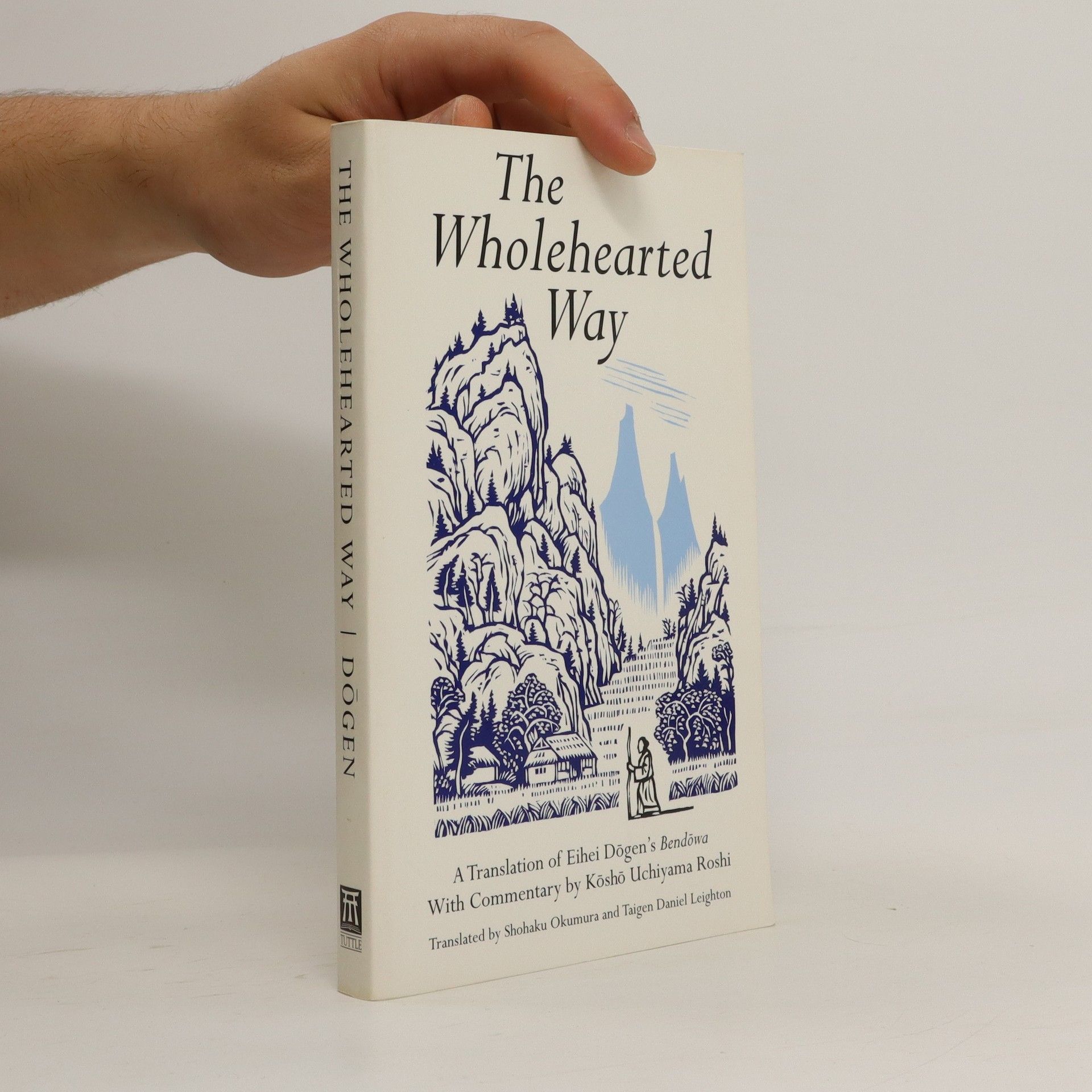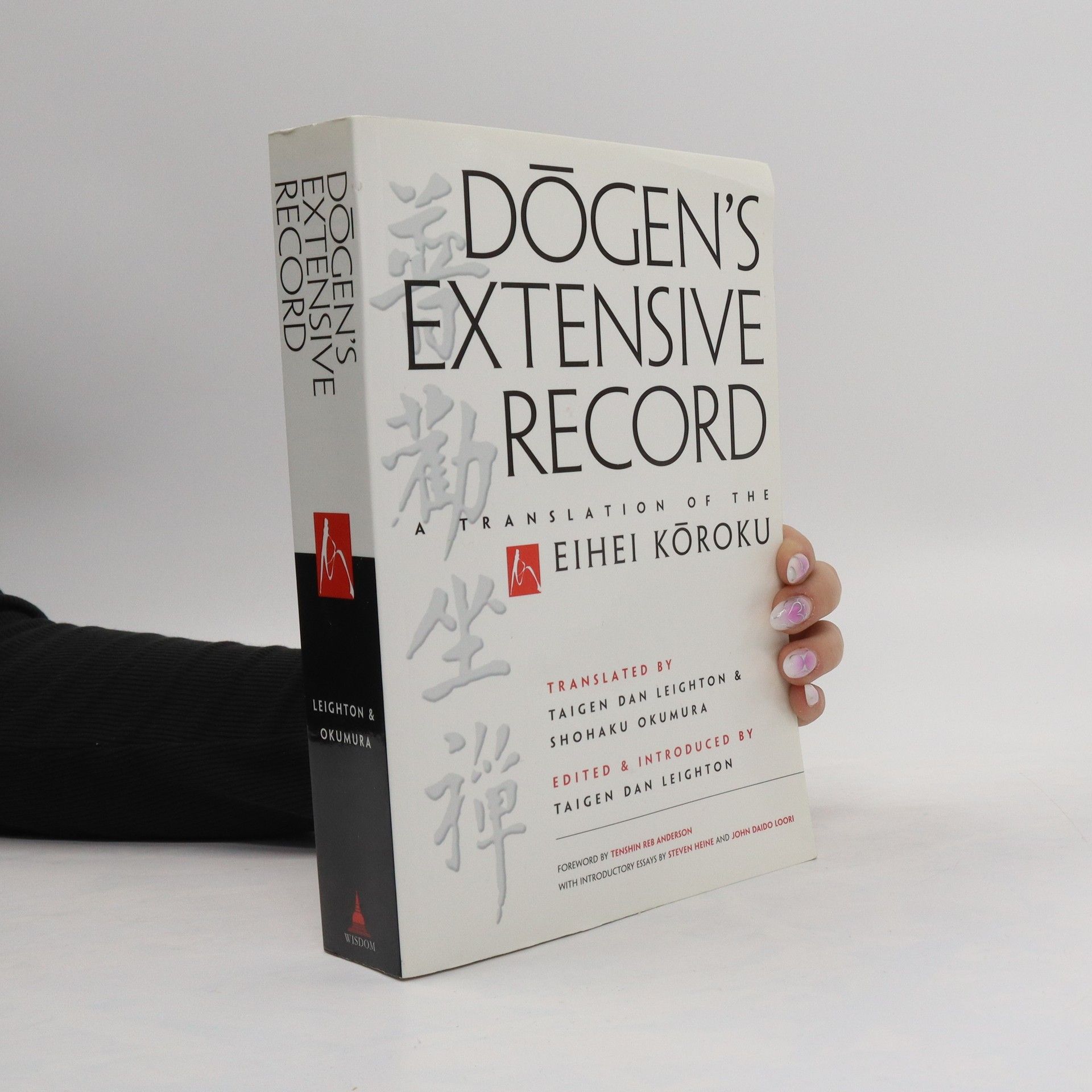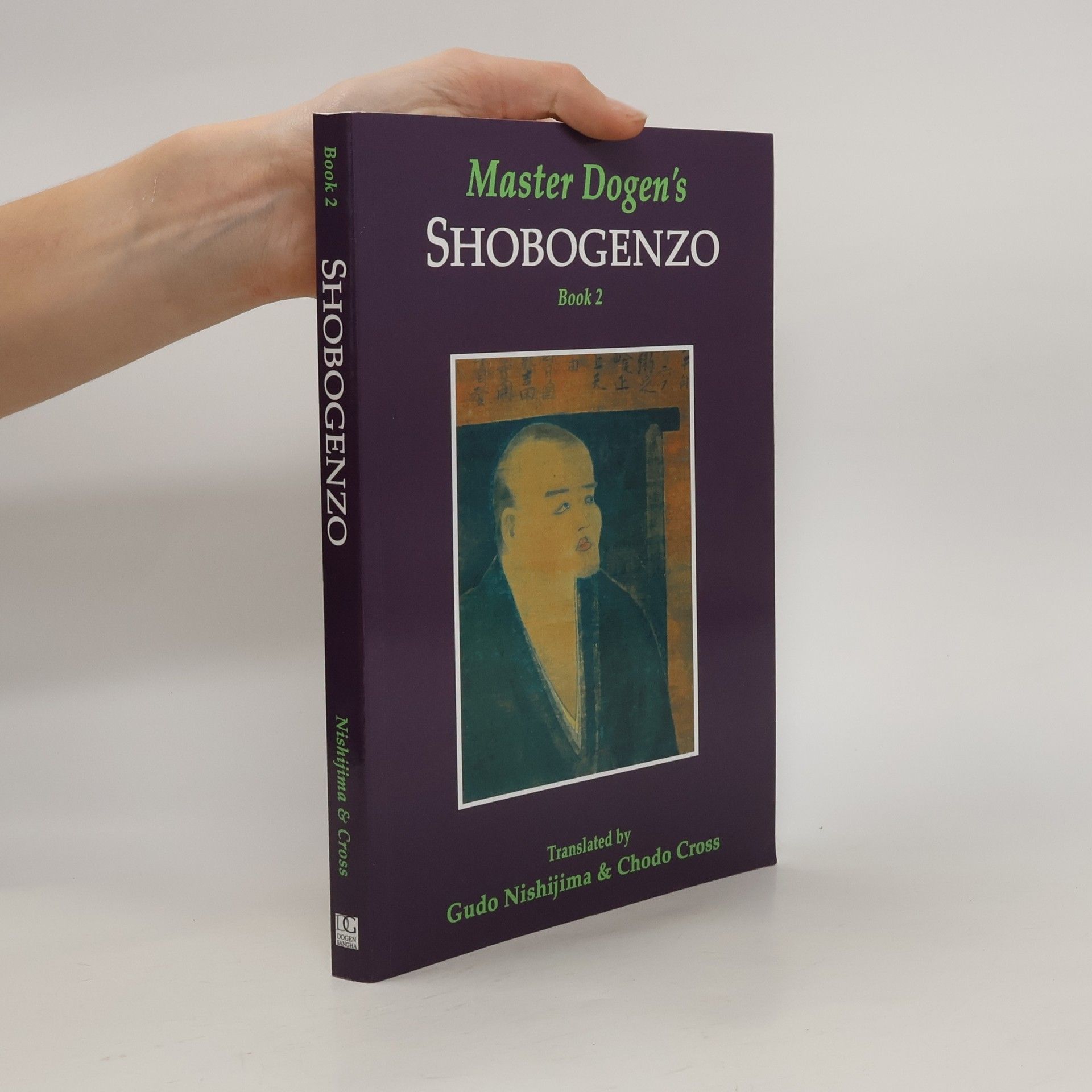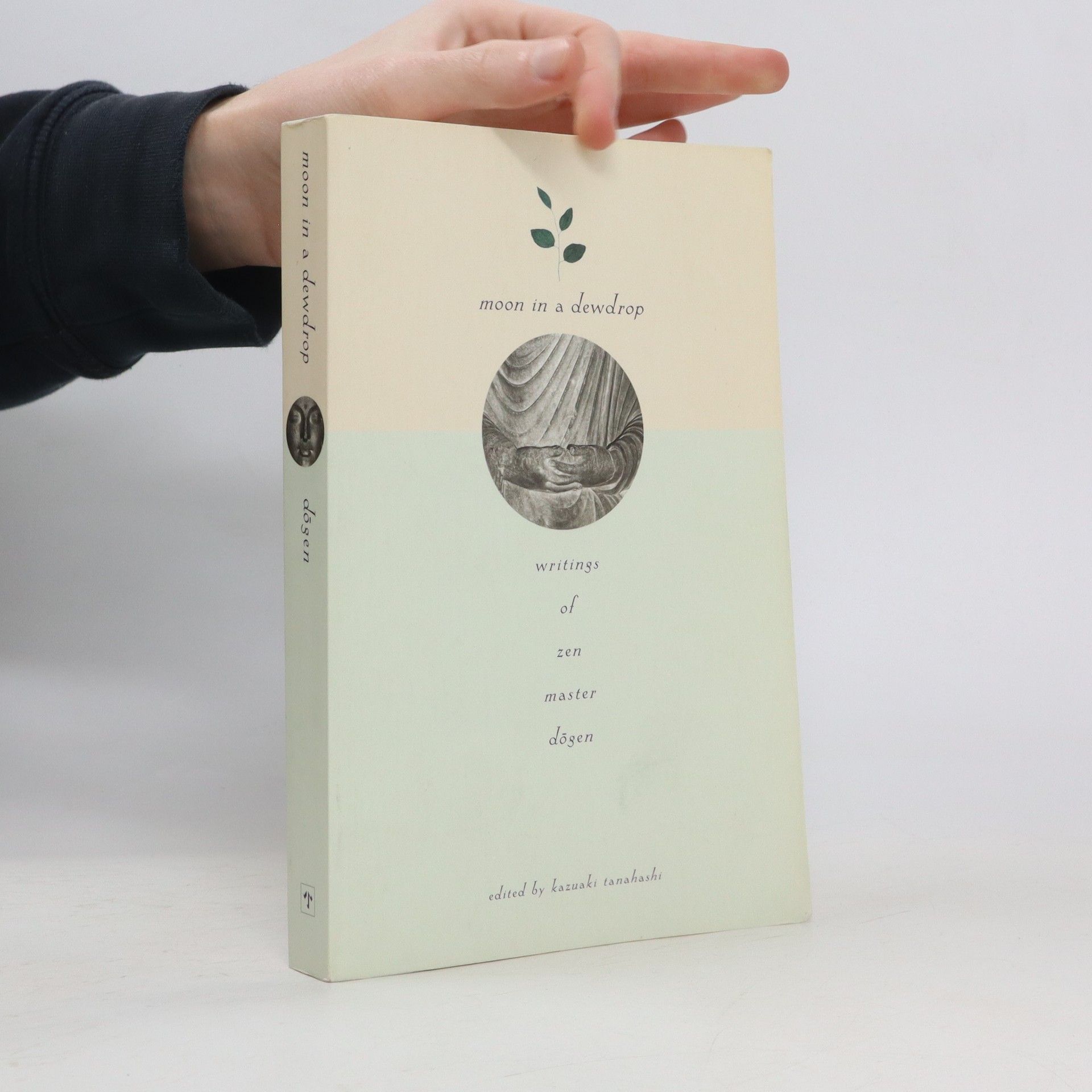Master Dogen's Shobogenzo 2
- 276 páginas
- 10 horas de lectura
This translation, supported by the Japan Foundation, makes a strong claim to be the definitive translation of the 95 chapter edition of Shobogenzo, the essential Japanese Buddhist text, written in the 13th century by Zen Master Dogen. Following on from Shobogenzo Book 1, the second book in this four volume set contains chapters 22 to 41 from the 95-chapter edition, including these well-known Bussho (Buddha Nature); Daigo (Great Realization); Gyoji (Conduct and Observance); Inmo (This); and Shinjin-gakudo (Learning the Truth with Body and Mind). Book 2 maintains the highest standards of translation, with a clear style that rigorously follows the original words of Master Dogen. Ample footnotes, including Japanese and Chinese characters, explanatory text, and cross-references to other works, provide the reader with a wealth of supplementary information. Also included are a Sanskrit glossary of terms, and a list of Pinyin equivalents to the Japanese readings of Masters' names. 'The water is clean, right down to the ground, Fishes are swimming like fishes. The sky is wide, clear through to the heavens, And birds are flying like birds. ...children and grandchildren of the Buddhist patriarchs should unfailingly learn in practice that sitting in Zazen is the one great matter. This is the authentic seal which is received and transmitted one-to-one.'







